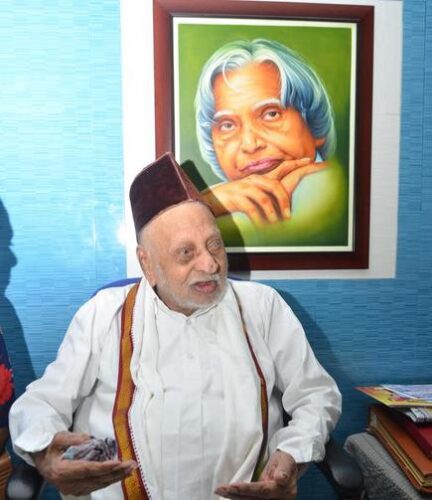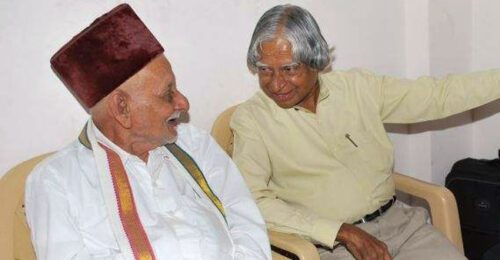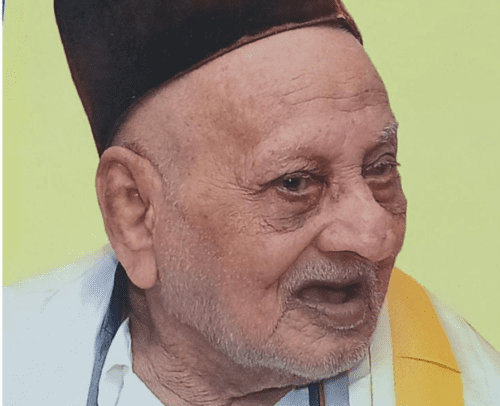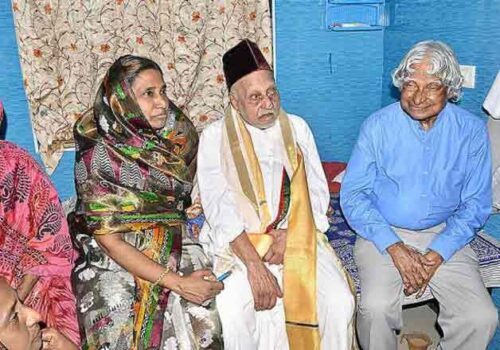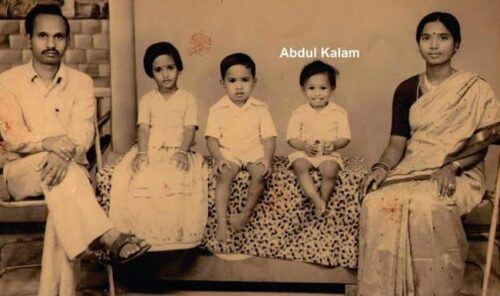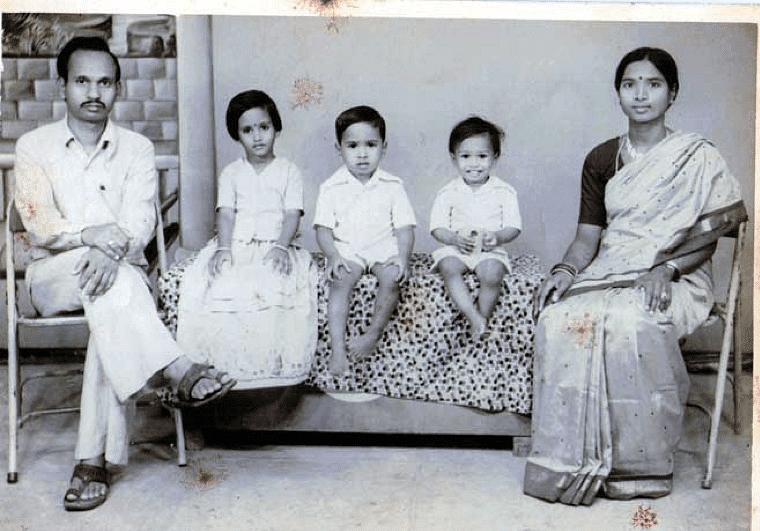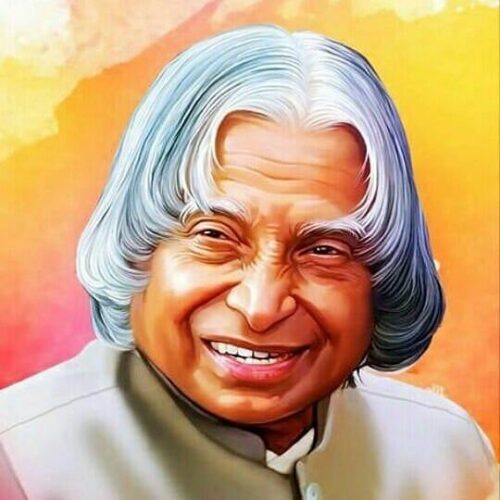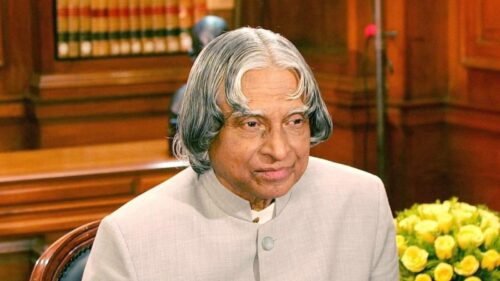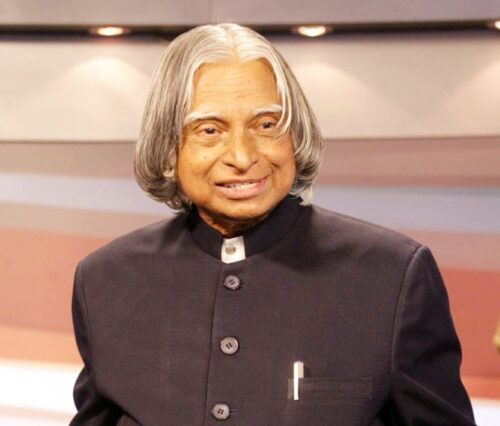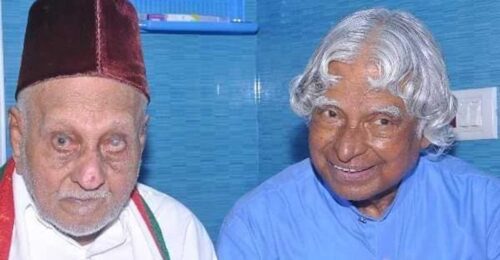Abdul Kalam 10 Personal Facts, Bio, Wiki
Former President of India Born: October 15, 1931, Rameswaram, India Died: July 27, 2015, Shillong, India Awards: Bharat Ratna, Veer Savarkar Award, Padma Vibhushan Full name: Avul Pakir Jainulabdeen Abdul Kalam Parents: Jainulabiddin Marakayar, Ashiamma Jainulabiddin Education: Madras Institute of Technology, Anna University (1955–1957) Kalam was the youngest of five siblings, the eldest of whom was a sister, Asim Zohra (d. 1997), followed by three elder brothers: Mohammed Muthu Meera Lebbai Maraikayar (5 November 1916 – 7 March 2021), Mustafa Kalam (d. 1999) and Kasim Mohammed (d. 1995). He was extremely close to his elder siblings and their extended families throughout his life, and would regularly send small sums of money to his older relations, himself remaining a lifelong bachelor. Kalam was noted for his integrity and his simple lifestyle. He never owned a television, and was in the habit of rising at 6:30 or 7 a.m. and sleeping by 2 a.m. His few personal possessions included his books, his veena, some articles of clothing, a CD player and a laptop; at his death, he left no will, and his possessions went to his eldest brother, who survived him.
Abdul Kalam 10 Pics, Photos, Pictures
Abdul Kalam 10 Fast Facts, Bio, Wiki
Avul Pakir Jainulabdeen Abdul Kalam was an Indian aerospace scientist and statesman who served as the 11th President of India from 2002 to 2007. He was born and raised in Rameswaram, Tamil Nadu and studied physics and aerospace engineering. He spent the next four decades as a scientist and science administrator, mainly at the Defence Research and Development Organisation (DRDO) and Indian Space Research Organisation (ISRO) and was intimately involved in India’s civilian space programme and military missile development efforts. He thus came to be known as the Missile Man of India for his work on the development of ballistic missile and launch vehicle technology. He also played a pivotal organisational, technical, and political role in India’s Pokhran-II nuclear tests in 1998, the first since the original nuclear test by India in 1974. Kalam was elected as the 11th president of India in 2002 with the support of both the ruling Bharatiya Janata Party and the then-opposition Indian National Congress. Widely referred to as the “People’s President”, he returned to his civilian life of education, writing and public service after a single term. He was a recipient of several prestigious awards, including the Bharat Ratna, India’s highest civilian honour. While delivering a lecture at the Indian Institute of Management Shillong, Kalam collapsed and died from an apparent cardiac arrest on 27 July 2015, aged 83. Thousands, including national-level dignitaries, attended the funeral ceremony held in his hometown of Rameswaram, where he was buried with full state honours. Dr. APJ Abdul Kalam, the former President of India was born on October 15, 1931, and passed away on 27 July, 2015. He was an aerospace scientist and also played an instrumental role in the May 1998 Pokhran-II nuclear tests. His involvement in Nuclear Power in India earned him the title “Missile Man of India”. Due to his contribution, the government of India awarded him the highest civilian award.
